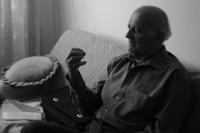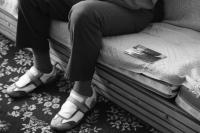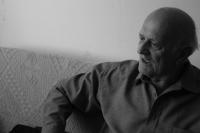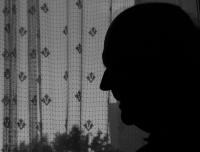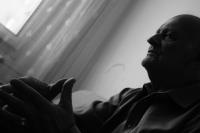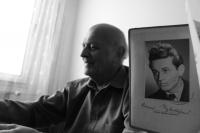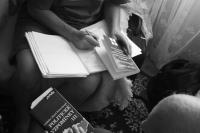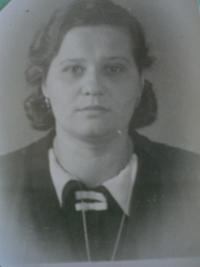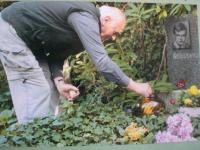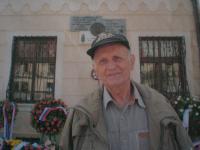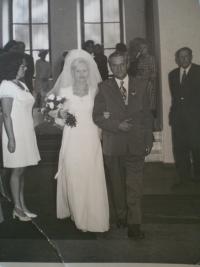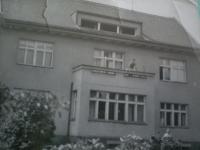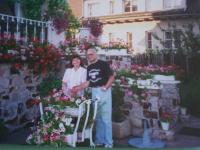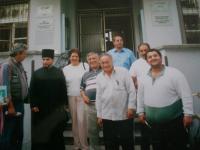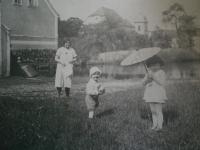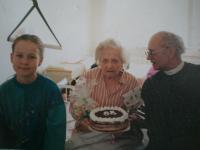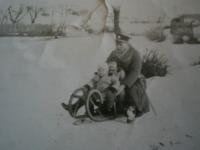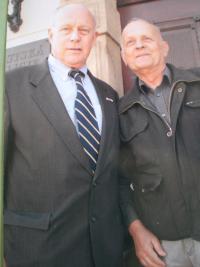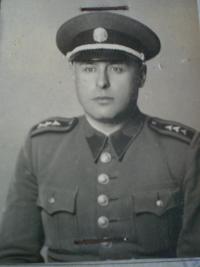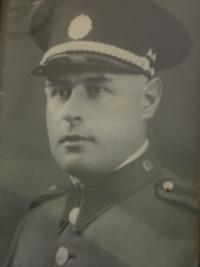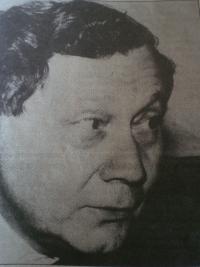„With the passing years I can say that we have survived only by a miracle.“
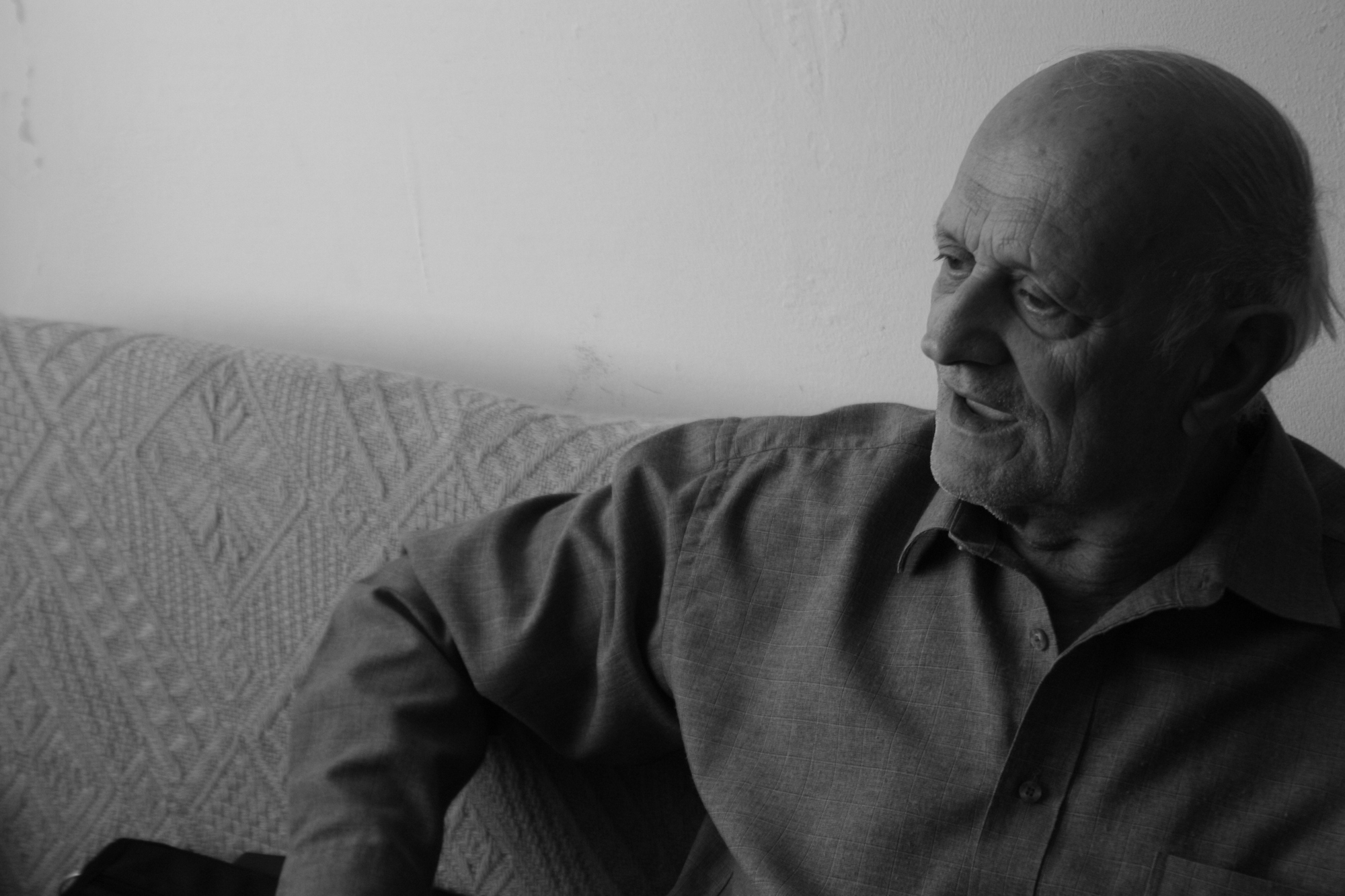
Stáhnout obrázek
Mr. Roman Nykodým comes from a family of a policeman. The family moved whenever the father was transferred for duty. Mr. Nykodým was born on December 19, 1931 in Lochovice. As a young boy, he met Czechoslovak airmen at the local airfield in Zbiroh, some of whom were later to become elite pilots in the RAF. After another transfer to Rokycany, his father joined the resistance movement and he was tasked with handing over messages which were to be radio-transmitted to London. He was expecting the deployment of the paratroopers‘ group Anthropoid in Ejpovice. The paratroopers later spent a night in the Nykodým family‘s house during the failed bombardment of Pilsen. The father evaded arrest during the war. He was also involved in the detention of K. H. Frank in Rokycany, and Roman Nykodým‘s sister‘s villa served as a place for Frank‘s interrogation. A meeting with General Patton took place in the same house. The father died in hospital after the war under very strange circumstances - Roman Nykodým is convinced that his death was actually a politically-motivated murder. Roman Nykodým attempted to study after the war, but he was eventually expelled from school. He personally knew the poet Václav Hrabě from Lochovice. In the 1960s, he was sentenced and became acquainted with many Catholic priests who were imprisoned with him. He helped Father Josef Zvěřina secretly send out his writings from the prison, which were later used for Zvěřina‘s book Teologie Agapé. After his return from prison he worked in the waste water treatment facility in the paper mill in Lochovice, where he accidentally came upon discarded documents from the Secret Police. He used these records and documents in court proceedings when he served as a public defender of Gipsy families from Rokycany. At present he lives in Prague-Modřany.
